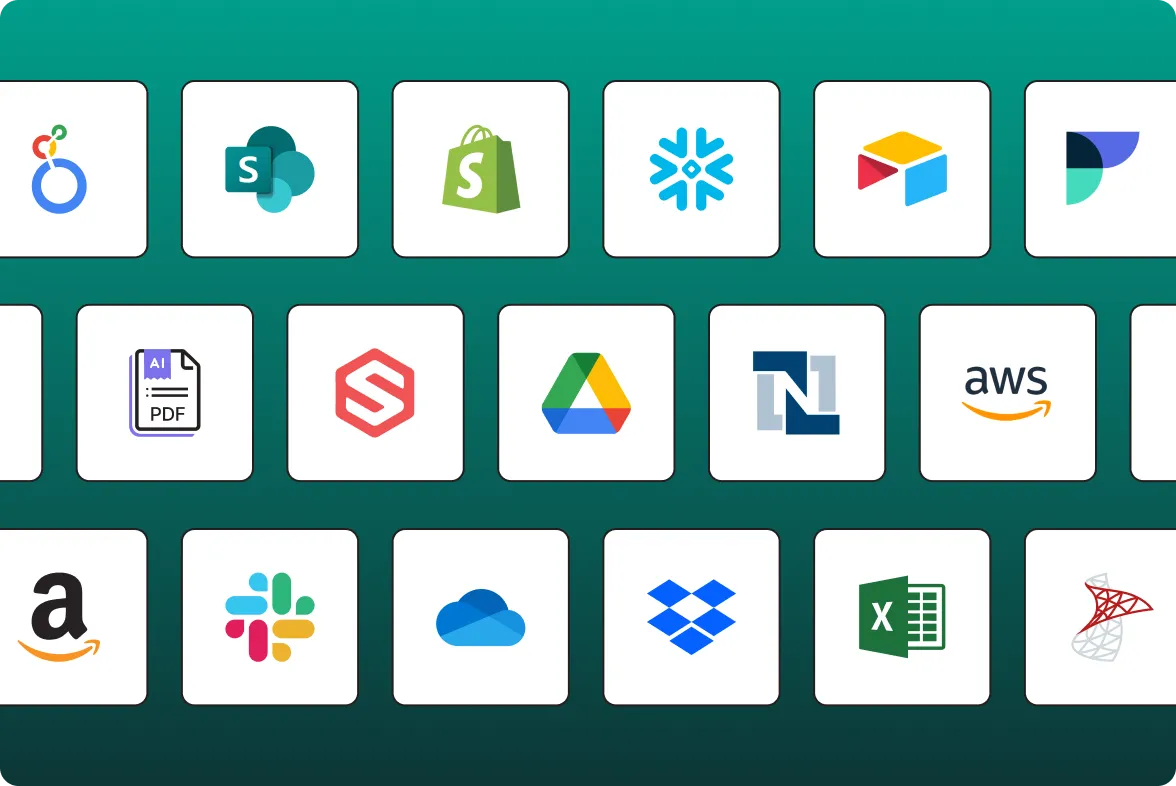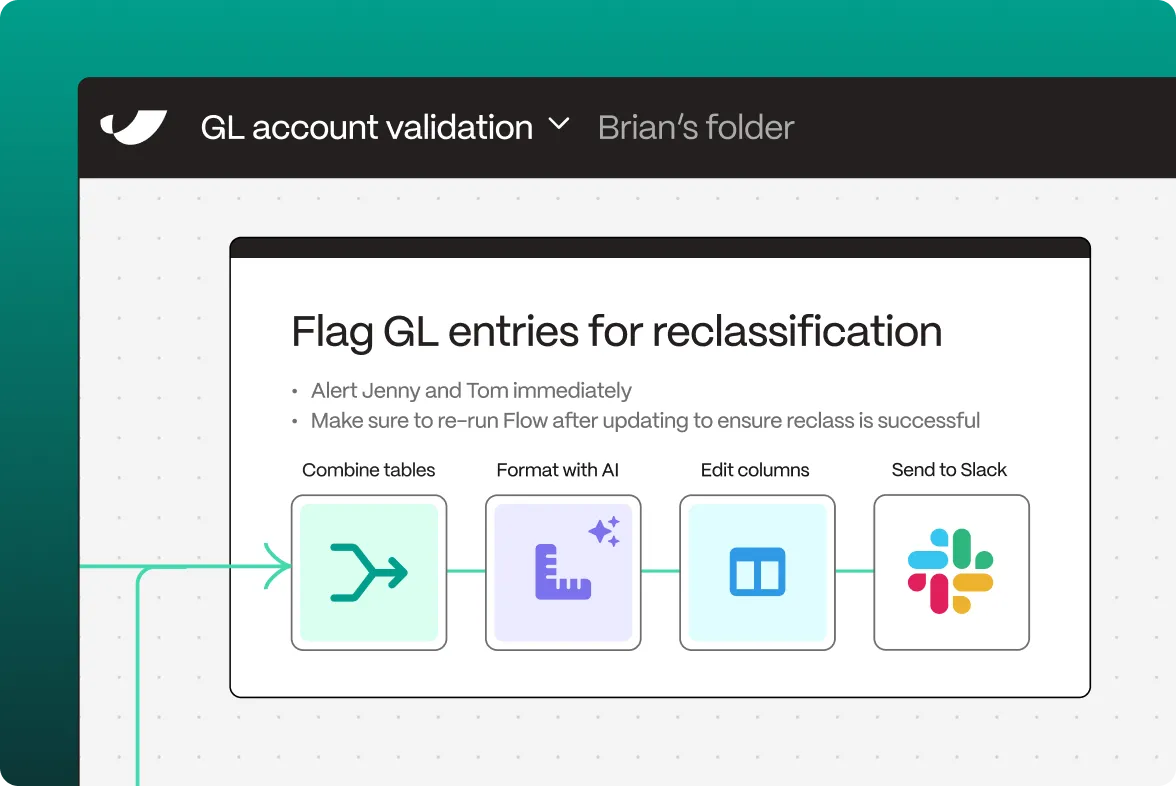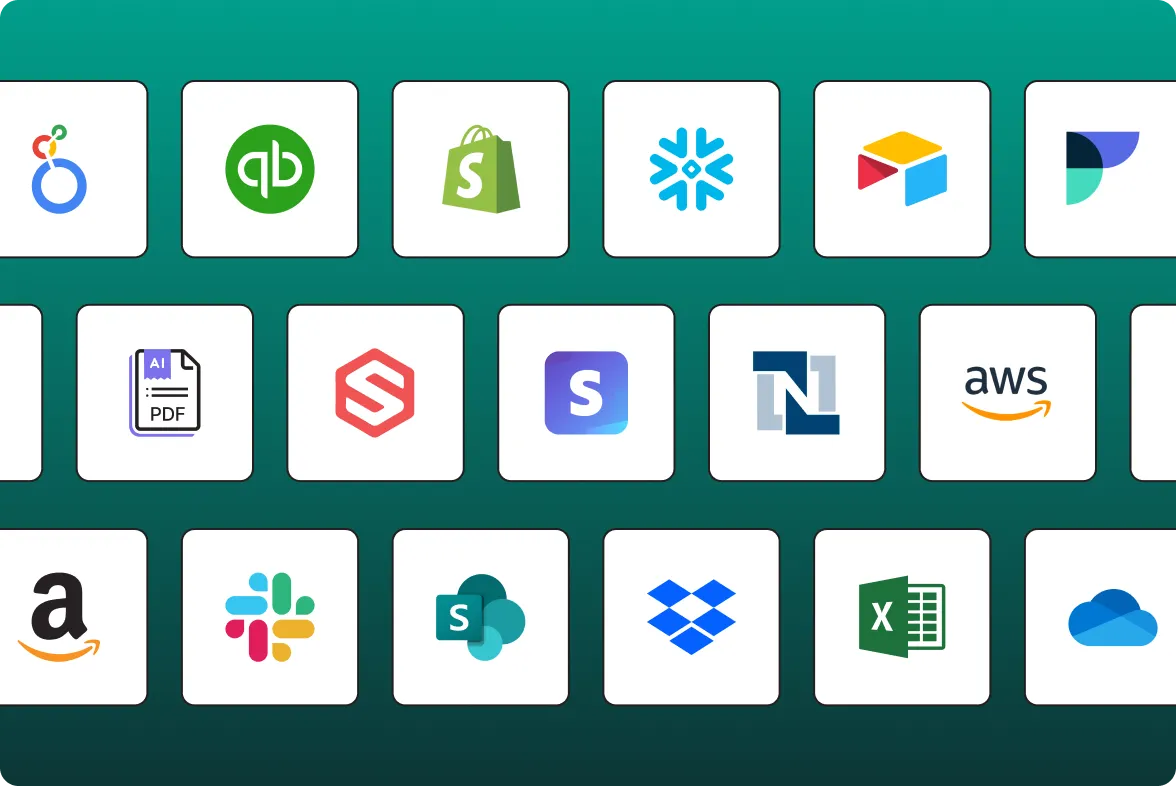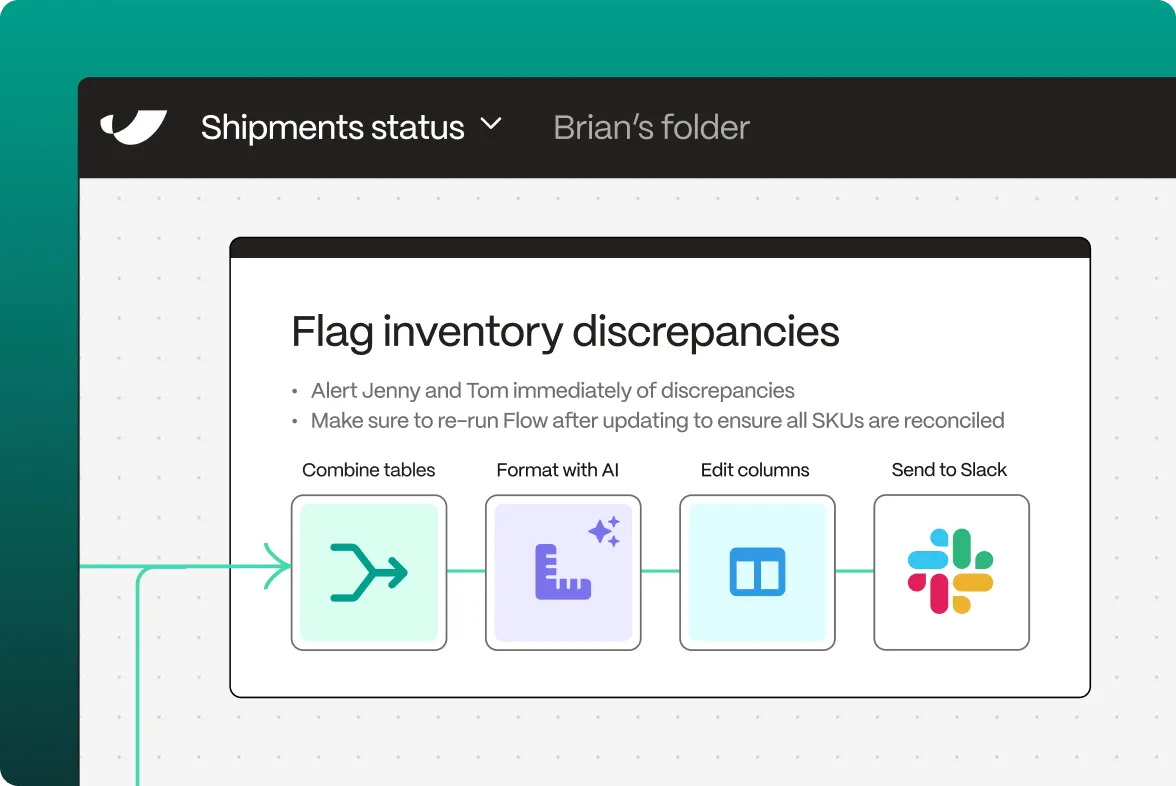Connecting via API with with IQMS enables manufacturing companies to automate their production and business management processes. This powerful connection allows organizations to streamline their manufacturing operations while maintaining complete visibility across their production environment.
How do I connect via API?
- Connect your IQMS account to Parabola by navigating to the API page and selecting IQMS from the available options
- Authenticate your account using your IQMS credentials and grant necessary permissions
- Select the data you want to pull from IQMS (production metrics, quality data, inventory levels, etc.)
- Configure your flow in Parabola by adding transformation steps to process your manufacturing data
- Set up automated triggers to run your flow on a schedule or when new data is available
What is IQMS?
IQMS (now DELMIAWorks) is a comprehensive manufacturing ERP system that provides end-to-end solutions for manufacturing companies. Their platform combines robust ERP functionality with manufacturing execution system (MES) capabilities, offering a unique single-database approach to manufacturing management.
What does IQMS do?
IQMS provides integrated manufacturing and business solutions including production planning, quality management, supply chain optimization, and financial control. Their system specializes in real-time production monitoring, automated scheduling, quality control, and comprehensive traceability, with particular strength in plastic injection molding and other process manufacturing industries. The platform also offers advanced warehouse management, CRM, and business intelligence capabilities.
What can I do with the API connection?
Real-time Production Monitoring
Create automated workflows to track production metrics in real-time, including cycle times, machine utilization, and quality indicators. This enables immediate response to production issues and helps optimize manufacturing efficiency.
Quality Management Automation
Generate automated reports analyzing quality data across production runs, tracking defect rates, and identifying potential quality issues before they impact production. This helps maintain high product quality while reducing waste and rework.
Supply Chain Analytics
Automate the collection and analysis of supply chain data, monitoring supplier performance, material availability, and procurement costs to optimize the supply chain operation.





